
At roughly 7.44pm tonight, north of the Rhine in the German city of Gelsenkirchen, Josef Schnusenberg will gaze out on 61,672 expectant faces and draw a deep breath.
His immediate thought may drift to the absurdity of it all. An anxious, alien feeling as he oversees the Royal Blue of his humble Miners as they line-up to that old familiar anthem in the climatic rounds of a tournament they were long expected to depart from.
Like a vagabond traipsing through the glimmering gates of Europe's premier party, all eyes will be drawn and narrowed at the suspicious character whose hand twitches at the hip. Schalke didn't come to make up the numbers, to wear a smiling countenance or exchange pleasantries with the bloated ambassadors. They came to shake things up and, if necessary, bloody some noses. They remain the sole rowdy anarchic element in otherwise transparent semi-finals – a great example of their tumultuous nature being the sacking of two managers earlier this season.
In footballing terms, they don't arrive more noble than Manchester United. England's imperial power, domestically and across the continent, for the largest slice of 20 years are back where they belong – in the semi-finals of the preeminent competition. They'll be expected, by some, to progress comfortable as Rule #2 of “The Big Presumptuous Sniffy Book of Knockout Football” pertains that only teams with worldwide recognition can win a match over 180 minutes. Or so it goes.
Thankfully, that narrative isn't one that lingers in the memory around the grand Veltins-Arena. Schalke topped their group – displacing last year's semi-finalists Lyon in the process – and while it was unexpected, it was not undeserved. Interest piqued with a hard-headed, tenacious and callous dismissal of Valencia in the round of 16 as murmurs of dark horses coloured their draw for the final eight.
Few would have predicted Schalke's brutal deconstruction of the reigning European champions. And even fewer would have anticipated seeing the execution take place on their Milanese doorstep.
They swooped like vultures from the darkened rafters of the Giuseppe Meazza and circled the dimming lights on the last vestige of the Mourinho era at Inter Milan. By 5-2 on the final whistle, the bones had been picked and the claws bared – a snarling, lusty challenge to the remaining contenders. “Underestimate us at your peril”.
There were no do-overs a fortnight later as Mr Champions League led the Germans to a clinical 2-1 victory over Leonardo's spineless charges, an inspecting Sir Alex Ferguson chomping holes through his infamous stick of gum. He'll know this is anything but a formality. He'll also remember United have never beaten any outfit from Germany over two legs.
Full of energy, spark and belief, Schalke display the essential hallmarks of their famous Bavarian cousins. The Royal Blues' exciting approach is another compelling advert for the revamped Bundesliga. Now commonly used as the benchmark for fan-friendly football, the top professional division in Germany is finally reaping the rewards of significant investment in the game's grass-roots and the induction of support-owned clubs over the last three decades. Their national side, as witnessed at last year's World Cup and with their Under-21s victory in the 2009 European Championships, have also profited from the association's stake in youth development.
It's a triumph in marketing and fan-power. While despot blazers in spiked seats throttle the life out of any revolution in British football, the Bundesliga has grown year-on-year to become the best-attended league on the continent – one where debt simply doesn't exist.
Sides in the Barclays Premier League have a combined IOU of £2.7billion while La Liga are close to £2.8billion in outstanding payments. Contrast this with Germany, where the 36 professional outfits are actually making money.
There are no big money buy-outs by an opulent foreign consortium or Sheik sugar daddies splurging lavishly on an intangible budget, no third parties playing pass the accreditation with the gusto and urgency of a prison shank.
Clubs are simply not allowed to be irresponsible with their finances. The “50+1 rule” enforced by the DFB mean that 51% of ownership of top level sides is community based, keeping the hands of the working class on the shoulders of directors and presidents. With that knowledge in hand it becomes easier to understand how Schalke have rumbled on in Europe and continually filled their stadium game after game despite sitting 10th in the table.
Crack open the history books, if those are still in existence, and you'll find it's 53 long years since Schalke last won a Bundesliga title – with their previous best run in the Champions League a quarter-final exit in 2007. They may well be club with a strong support but podium finishes in Europe are few and far between. On experience, Schalke are no match for the Old Trafford men but a sole UEFA Cup victory (and two Intertoto wins) in 1997 could be the warning light for United. Like now, they weren't expected to make the semi-finals let alone win it. Co-incidentally, it was also Inter Milan they upset with a victory on penalties after two legs.
It's perhaps wrong to view Schalke as an underdog or scrappy contender. If the stranger in the doorway is to step out of the shadows, there may be no more fitting reveal than with their hands aloft at the Theatre of Dreams in eight days time.

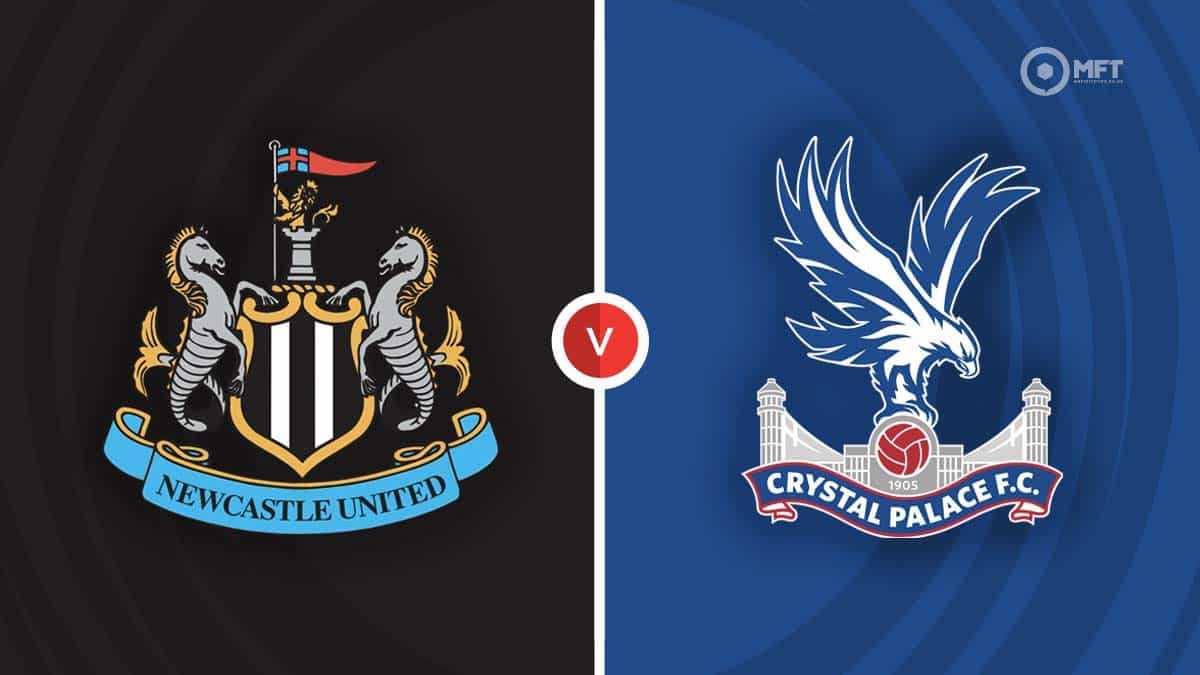
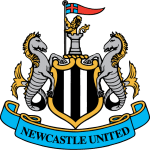




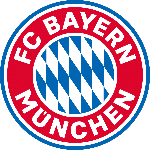

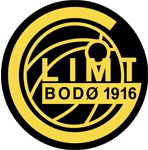

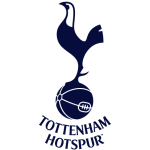
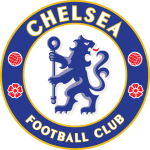
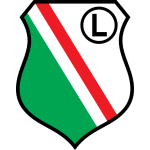

















 GambleAware
GambleAware